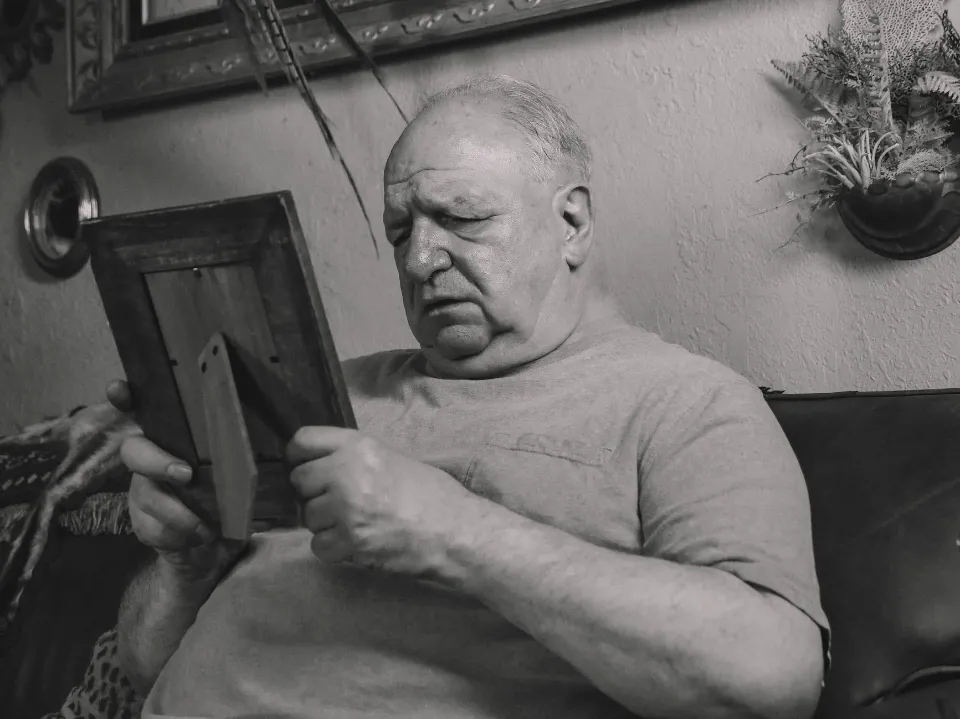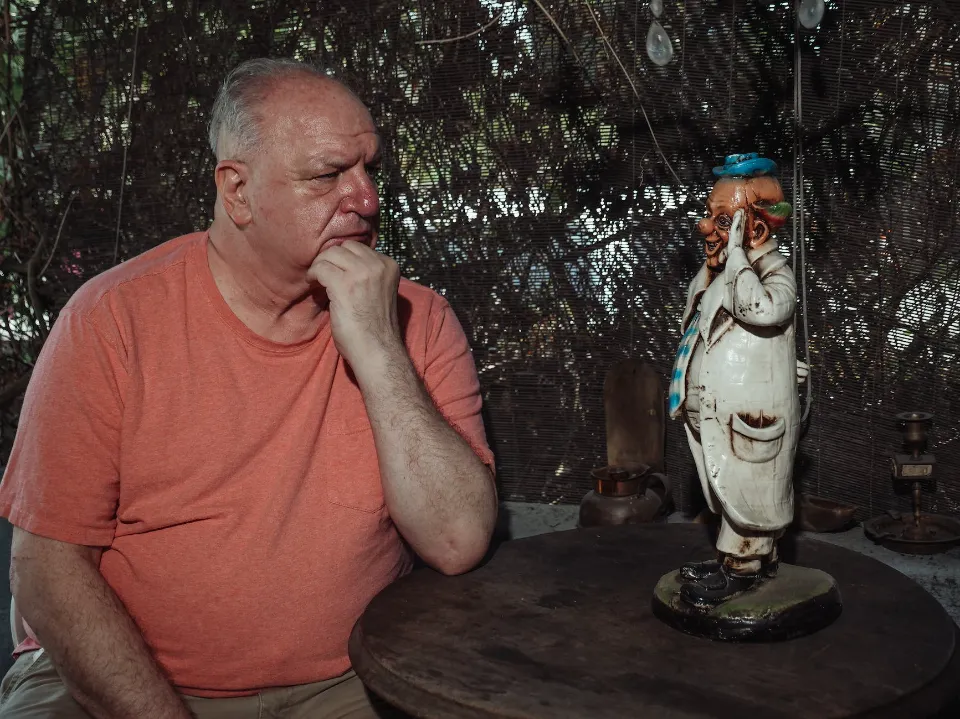The term “dementia” refers to the gradual loss of several cognitive or thinking abilities. People who have dementia gradually lose their ability to remember things, speak clearly, and reason in daily situations. An individual with dementia might not have a robust immune system. One of the most frequent causes of death in dementia patients is infection-related pneumonia.
When a person with dementia is on the verge of passing away, it can be difficult to tell. The beginning of the dying process may be indicated by advanced dementia symptoms and a more rapid decline in the patient’s condition.
This article discusses the effects of dementia on life expectancy, including potential complications that could raise the risk of death. We also provide tips for those looking after someone with advanced dementia as well as a list of symptoms.
What is Dementia?
Dementia is a term used to describe impaired memory, thinking, or decision-making that interferes with performing daily tasks rather than a particular disease. The most typical form of dementia is Alzheimer’s disease. While it primarily affects older adults, dementia is not a natural part of aging. Of those at least 65 years of age, there is an estimated 5.0 million adults with dementia in 2014 and projected to be nearly 14 million by 2060.
Because dementia is a general term, its symptoms can vary widely from person to person. People with dementia have problems with:
- Memory
- Attention
- Communication
- Reasoning, judgment, and problem-solving
- Visual perception beyond typical age-related changes in vision

How Do You Die from Dementia: Signs to Watch Out For
Dementia can cause complications that may lead to death. Here are some of these complications.
Pneumonia
Pneumonia is a bacterial, viral, or fungal infection that causes inflammation of the alveoli (tiny air sacs) within one or both lungs. These alveoli may fill with liquid, causing symptoms such as:
- Breathing difficulties
- Cough
- A sharp or stabbing chest pain that worsens when breathing deeply or coughing
- Fever and chills
- Loss of appetite
- Fatigue
- Confusion
A person with advanced dementia may experience immune system deterioration, which raises their risk of contracting pneumonia. The capacity to swallow may also be impacted by dementia. As a result, food, drink, or saliva may enter the windpipe, resulting in aspiration pneumonia.
According to a 2015 study, dementia patients had a higher rate of pneumonia-related deaths than those without the condition.
Covid-19
A person who contracts the SARS-CoV-2 virus will eventually develop the illness of COVID-19. According to the United Kingdom’s Alzheimer’s Society, this disease may worsen dementia symptoms in the following ways:
- By causing difficulty breathing, which can impair the delivery of oxygen throughout the body
- By entering the brain and causing further damage to brain cells
- By causing delirium, which may worsen confusion
- By causing long COVID symptoms, such as brain fog, which can worsen existing issues with memory and concentration
A 2021 review notes that in November 2020, the rate of death from COVID-19 among people with dementia in long-term care was up to 72%.
Stroke
The blood flow to a portion of the brain is cut off during a stroke. It takes place as a result of a blockage or hemorrhage in one of the blood vessels in the brain. Dementia can result from a stroke or be one of its complications.
Strokes can cause a type of dementia called vascular dementia. The cumulative effects of numerous small or large strokes in various parts of the brain lead to this particular type of dementia.
ResearchersTrusted Source suggests that Blood vessels in the brain could be harmed by Alzheimer’s dementia, increasing the risk of hemorrhaging. According to the Centers for Disease Control and Prevention (CDC)Trusted Source, stroke is the leading cause of death in the United States.

Falls and Fractures
A person may experience severe mobility issues as dementia progresses. This can result in falls and accidents that may lead to fractures. Severe fractures may require surgery, and this comes with a risk of surgical complications, such as:
- Blood clot
- Heart attack
- Infection
- Concussion or bleeding in the brain
Related: What to Do If An Elderly Person Falls Down: a Helpful Guide – Elder VIP
What Are the Signs That a Person With Dementia is Nearing Die?
Although dementia is a life-limiting condition, it is very difficult to predict how long a person with dementia will live. Numerous factors affect this. It may be easier to predict how long someone will live and how they will die if they also have another illness that has a limited lifespan (like cancer or heart failure).
Regardless of the dementia stage, a person can pass away from another illness. They might pass away as a result before their dementia symptoms get really bad. An immune system that is compromised is likely to be present in someone with dementia. They are therefore more likely to contract infections, which in some cases may be chronic. Pneumonia brought on by an infection is one of the most typical causes of death for dementia patients.
Even though a person with advanced dementia may exhibit signs of impending death, they sometimes have the ability to endure these signs for many months. Planning and putting in place measures for someone’s passing present great challenges because of this uncertainty.
How to Take Care of a Person With Dementia?
The National Institute on Aging (NIA)Trusted Source suggests that a person caring for an individual with late stage dementia can use sensory stimuli to provide comfort. For example, touch or exposure to well-known sights and sounds may be considered as stimuli. The Alzheimer’s Association suggests caregivers may wish to try the following to support individuals with late stage dementia:
- Playing their favorite music
- Brushing their hair
- Reading their favorite books to them
- Sitting outdoors on nice days
- Providing their favorite foods
- Using their favorite scents
- Looking at old photographs together
Caretakers may not always be able to offer the level of assistance that a person with late-stage dementia needs. In these situations, the person’s caregivers may want to think about placing them in hospice care.
Final Thoughts
Alzheimer’s disease is not a disease. It is a decline in our capacity to think clearly, speak clearly, remember things, and live. While dementia itself may not cause death, the results of progressive brain disease eventually do.
The degenerative brain condition that causes dementia has no known treatment. People will need more assistance taking care of themselves as their symptoms worsen over time. To meet their evolving long-term needs, it is crucial to develop plans and support systems.



